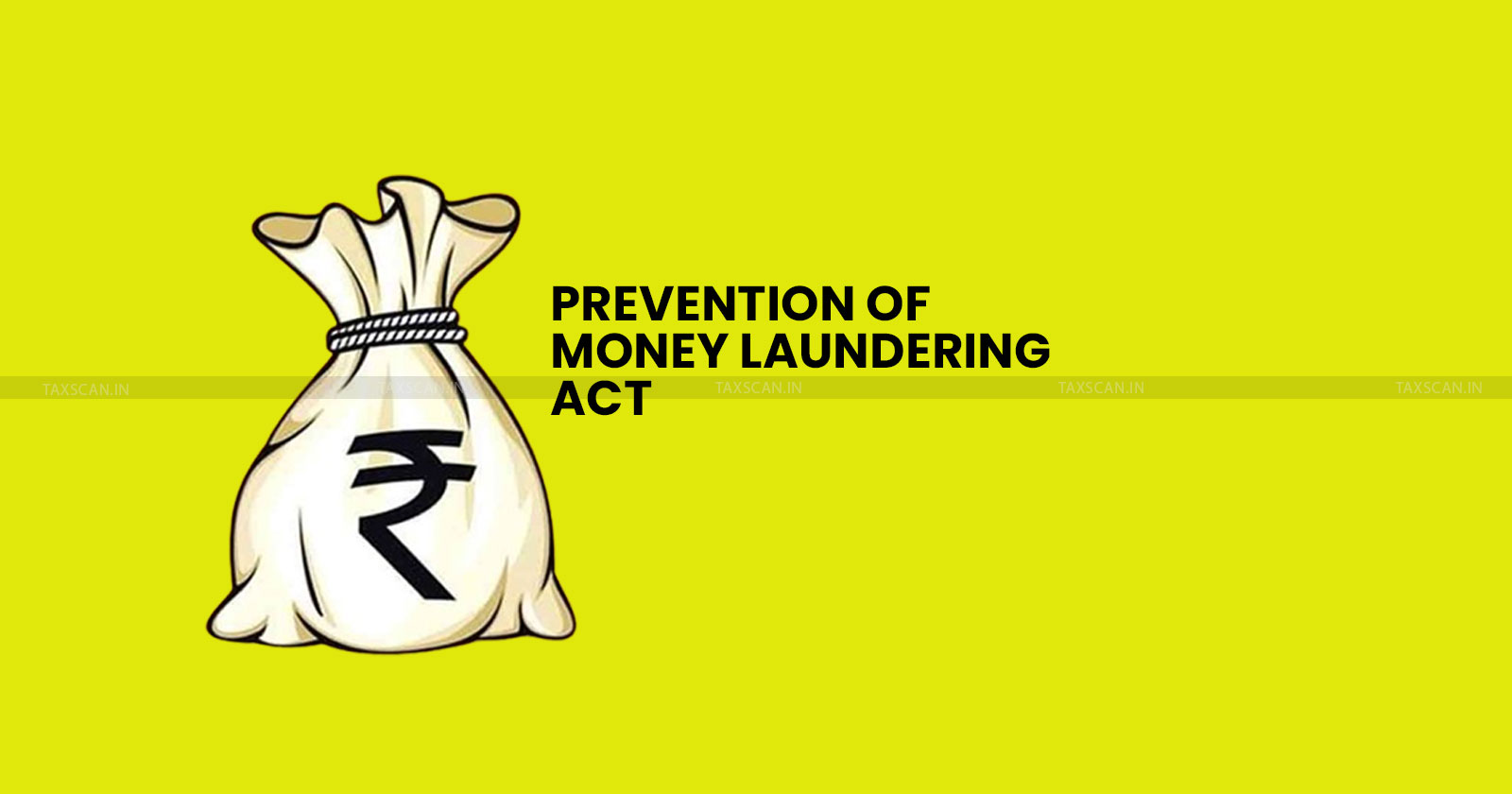Challenge on Validity of S. 50 & 63 of PMLA on ED's Summoning Powers: Supreme Court Issues Notice
An Enforcement Case Information Report (ECIR) is merely an internal ED document and cannot be compared to a formal complaint.

PMLA – Supreme Court notice – Prevention of Money Laundering Act – Taxscan
PMLA – Supreme Court notice – Prevention of Money Laundering Act – Taxscan
The Supreme Court has received a writ petition contesting the constitutionality of Sections 50 and 63 of the Prevention of Money Laundering Act, 2002 (PMLA). Articles 14, 20, 21, and 300A of the Constitution were allegedly violated by the contested clauses.
Read More: Supreme Court Mandates Minimum 3 Years of Practice as Advocate for Entry into Judicial Service
The Enforcement Directorate's authorities are granted investigative powers and civil court-like authority under S. 50 of the PMLA. On the other side, S.63 describes the penalties for providing incorrect information or failing to abide by the Act's terms.
Want a deeper insight into the Income Tax Bill, 2025? Click here
S.50's provisions, particularly the Directorate's authority to call for and record a non-accused person's comments, potentially raise the possibility of coercion and self-incrimination. The Constitution's Articles 20(3) and 21 are being broken by this.
Madras HC issues Directions to Streamline Cheque Bounce cases under Negotiable Instruments Act [Read Order]
According to Article 145(3), which states that a constitutional bench consisting of at least five Supreme Court judges must decide significant legal issues, the ruling in Vijay Madanlal Choudhary v. Union of India should be held per incuriam (due to carelessness) and the issue raised in the current petition should be resolved by a larger bench.
Non disclosure of the ECIR or the vast scope of the ED's investigation would lead to a 'roving and fishing inquiry' which is legally impermissible.
A person's fundamental rights and criminal procedure are violated when they are summoned without providing an explanation. "Every criminal statute must satisfy the test of fair play," and there isn't a criminal jurisprudential procedure that permits summons without a justification.
Tax Planning For NRIs - CLICK HERE
Vijay Madanlal Choudhary v. Union of India is a landmark case that established that ED officials are not "police officials" and, as a result, their statements recorded under Section 50 of the Act are not subject to Article 20(3) of the Constitution, which protects the fundamental right against self-incrimination. It cannot be interpreted that being fined or arrested for providing false information constitutes coercion to make a statement. An inquiry, not an investigation, is what the Section 50 process is all about.
The Court further ruled that an Enforcement Case Information Report (ECIR) is merely an internal ED document and cannot be compared to a formal complaint. As a result, the CrPC's FIR provisions will not apply to ECIR. It is sufficient to disclose the grounds of arrest; providing an ECIR is not required. However, when a defendant appears before a Special Court, the court may request records to determine if further imprisonment is required.
Support our journalism by subscribing to Taxscan premium. Follow us on Telegram for quick updates


